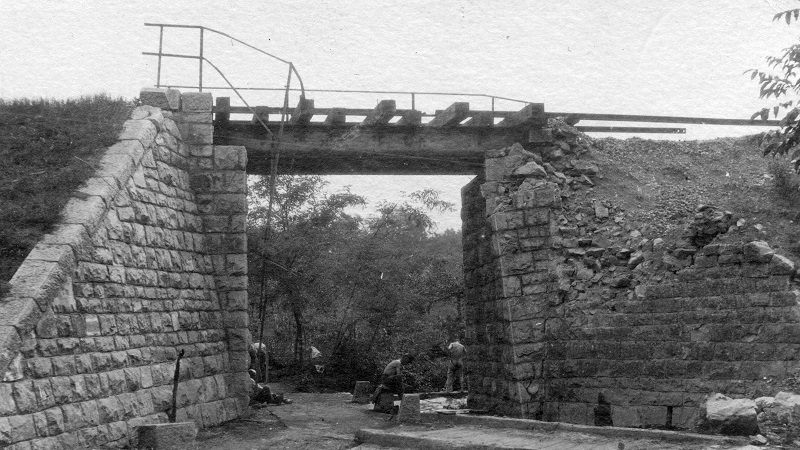“Hungary lost large parts of its historical territory as a consequence of the 1920 Trianon Peace Treaty. Although the new borders in general followed ethnic boundaries, neighbouring states had clear strategic and economic interests even in areas where Hungarians constituted the majority among local people. Taking these interests into consideration, the peace treaty deprived Hungary of most of its economic resources. The new borders also meant new customs frontiers. Railway lines were cut, and most economic connections were broken. Passport obligations and customs formalities were introduced overnight in the middle of the old kingdom, separating families and cutting estates in two. Once prosperous regional centres now became peripheries in their own country. However, local communities were able to take advantage of the new possibilities – both legal and illegal – arising from the borderland situation. [...] The paper focuses mostly on these illegal acts. Since contraband was not confined to cross-border transportation (illicit domestic transport was also deemed smuggling), the author gives an overview of legal regulations on contraband and shows how these rules were enforced. He examines what kind of goods were smuggled, what the motives of the contrabandists were (both in time and space), and compares the contraband activities of the lower and upper classes. The presented case studies show that illegal border crossings and even contraband offences were treated rather differently by local authorities.”
For the full abstract click here.
Cover image: Railway overpass between Sopron and Bécsújhely. Source: Fortepan/Vargha Zsuzsa.






